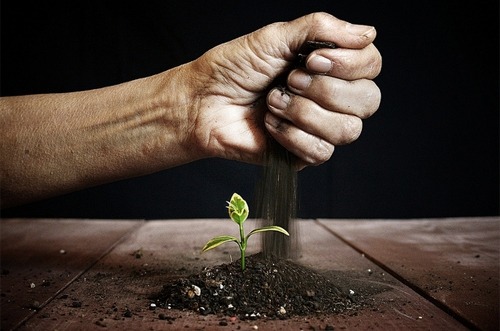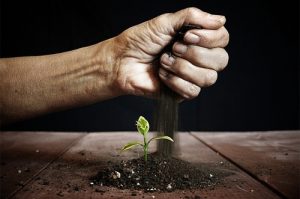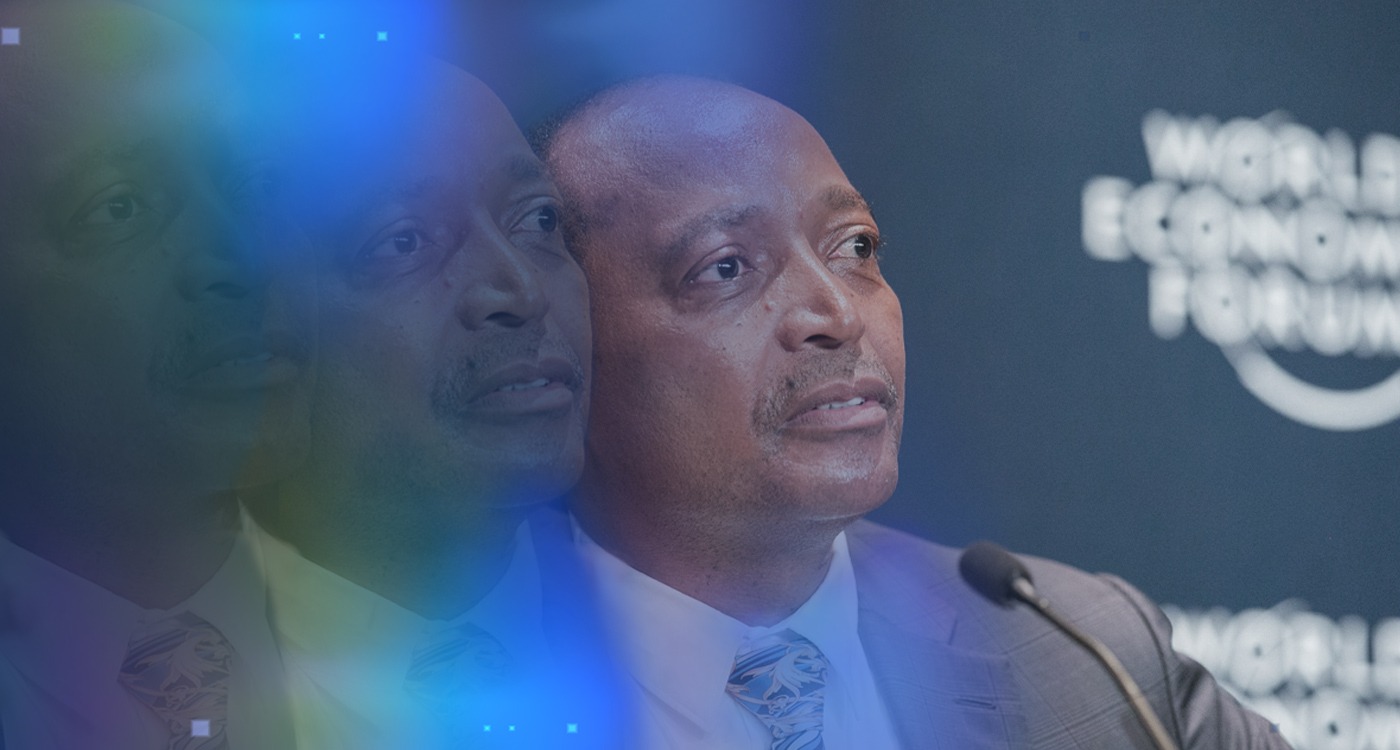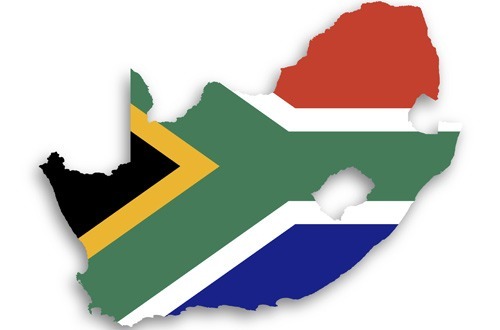The department of small business development hopes to see small businesses and cooperatives become the biggest beneficiaries of economic co-operations between South Africa and China, its director general Edith Vries said in Guanghzou on Thursday.
Addressing China’s International Small and Medium Enterprises Fair (CISMEF), Vries urged greater collaboration between the two countries on small business development.
“As South Africans, we are keenly aware that working in isolation, we will not be able to see the optimal potential of the SMME sector. It is in this context that we agreed to be co-hosts of this year’s CISMEF,” she told delegates at the fair, which runs until Friday in the capital of China’s southeastern Guandong province.
“Small businesses must spearhead imports and exports from and between the two countries,” she added.
Vries further urged Chinese small, medium and micro enterprises (SMMEs) to join hands with South African entrepreneurs, particularly the nation’s young entrepreneurs.
“We have established the INVEST SA facility to ease the entry and regulatory environment for investors. This is a practical manifestation of our message that South Africa is open for business.”
Vries explained that the government of South Africa has identified infrastructure development, trade relations, and small business development as catalysts to boost the country’s economic growth and development.
“The South African government and state agencies have invested more than R1 trillion in infrastructure between 2009 and 2014, largely in energy, road, rail, ports, public transport, bulk water and sanitation, hospitals, basic and higher education infrastructure and innovative projects such as the Square Kilometre Array and Meerkat telescopes.”
She said her department was encouraged by the fact that government’s infrastructure spending plans were attracting growing interest from the investment community.
Vries told her Chinese audience that the National Development Plan (NDP) identified SMMEs and Cooperatives as important drivers of economic growth and job creation.
“The NDP views SMMEs and cooperatives as vehicles for the economic empowerment of the historically disadvantaged, but also recognises that the small business sector has suffered from decades of neglect.”
She added that she was pleased that the tide was turning.
“We are making steady, but significant progress towards making the small business sector a key player in our economy. We are determined to sustain this positive momentum,” she concluded. (via African News Agency)
DHL Named Top Employer In 18 African countries
DHL Express has been certified as a Top Employer in Africa for the fourth executive year, at the prestigious Top Employer Africa 2018 certification ceremony, held at Sandton Convention Centre in Johannesburg on Thursday, 12 October 2017.
Hennie Heymans, CEO, DHL Express Sub-Saharan Africa, explains that this is the fourth consecutive year that DHL has been awarded this honour by the Top Employers Institute. “DHL Express values its employees and strives to make the company a rewarding place to work at. We are proud to have that fact affirmed by Top Employers Institute.”
This year, DHL was the only company to be certified as a Top Employer in 18 markets in Africa, including Angola, Botswana, Cameroon, Cote d’Ivoire, Ethiopia, Gambia, Ghana, Kenya, Madagascar, Mauritius, Mozambique, Morocco, Nigeria, Namibia, South Africa, Senegal, Uganda, and Zambia.
“DHL has cultivated an insanely customer centric culture across the entire organization, which we see as a critical component of our success. Maintaining this culture across the world has relied heavily on our effective employee engagement programs,” said Heymans.
“It therefore goes without saying that employee motivation and development are important areas of focus for us. We are committed to having a team of high performers who operate in a high performance culture that promotes and drives leadership diversity.”
According to Heymans, DHL’s use of employee initiatives and programs, including the company’s Certified International Specialist (CIS) cultural change programme has helped to unlock the potential of the company’s employees across Sub-Saharan Africa.
“This year, we have placed greater emphasis on up-skilling and empowering middle-managers and supervisors – as this rung of leadership is pivotal to the leading and executing of our growth aspirations in the years to come. As we continue to grow, we need every person in the business to understand their role and how to execute it efficiently. After all, the role of supervisors and middle-managers is to build trust and inspire great performance.”
DHL also recently completed the annual Employee Opinion Survey, which provides a platform for personnel to convey their thoughts and sentiments about the company anonymously. “This is an important tool in helping us identify what we are doing well, as well as areas that require improvement,” added Heymans.
The DTI To Undertake Investment And Trade Mission To Russia
The Department of Trade and Industry (the dti) will lead a business delegation comprising of 20 companies on the 10th Investment and Trade Initiative (ITI) to Russia to be held in Novosibirsk from 24-26 October 2017. The aim of the mission is to increase the volume of exports of agro-processing and clothing and textile products, as well as built environment and capital equipment goods and services to the Russian market.
According to the Minister of Trade and Industry, Dr Rob Davies, the objective of the ITI to Novosibirsk is to develop and build on relationships that were established with previous visits by both countries and to expose and showcase South African value-added products, and services to the Russian market. The ITI will include targeted business-to-business meetings, site visits, as well as investment and export-related round-table discussions with a particular focus on sectors where South Africa has comparative and competitive advantages.
The initiative also seeks to follow up and capitalise on the potential collaboration on the proposed BRICS projects.
“Additionally, the initiative also seeks to follow up and capitalise on the potential collaboration on the proposed BRICS projects. This opportunity will also be a step further in creating market penetration for South African value-added products, and services in Russia, and to promote South Africa as a trade and investment destination. The immediate opportunities for South African supplies will be in the increase of exports of fresh produce to Russia. With already an established export base of over R3.4 billion per year for fresh fruits, especially citrus, there is a vast opportunity to expand to fresh vegetables through the existing export network. This ITI will also provide an opportunity for South African companies to identify new areas of collaboration in various sectors, particularly in the area of investment,” says Minister Davies.
There is an increasing demand of the South African wines in Russia. During last year’s ITI to Moscow, export sales of R1.5 million were generated six months after the event, a large percentage attributed to wine exports.







